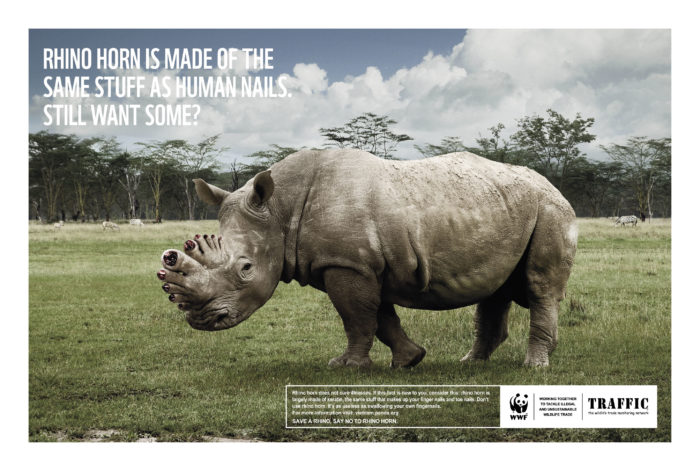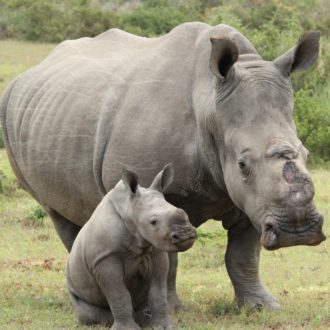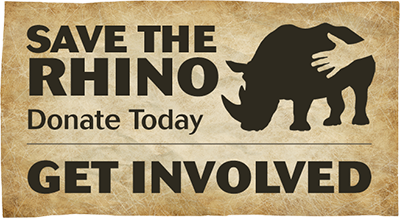
Demand reduction campaigns are aimed at educating current and potential consumers of illegal wildlife about the implications of their actions in purchasing these illegal products. If consumers who buy and consume wildlife products are not made aware of the suffering of animals and the negative impact on humans they are paying for, they will not be in a position to consider a changing their purchasing decisions.
Who is buying illegal Rhino products?
Under the Convention for International Trade in Endangered Species (CITIES), the trade in Rhino products has been illegal since 1978. In 2013, a ground-breaking study was commissioned by TRAFFIC to identify the consumers of rhino products, and how these consumers are driving the rapid increase in poaching that is being observed across Africa and parts of Asia. There is a strong link between the demand for rhino horn and the growth of a wealthier, urban middle class, particularly within Vietnam, where such a commodity is regarded as a status symbol and is often given as a gift to colleagues or those in a position of authority. In addition, there is an underlying belief that rhino horn can be used effectively in medicinal recipes to treat a variety of minor ailments, including gout, rheumatism, and hangovers. At one point, a rumor was spread in Vietnam that it could cure Aids thus enhancing the popularity of the commodity further. As countries attain higher levels of economic development, it is likely that the demand for rhino horn may in fact increase.
Changing consumer behavior
 Many citizens of consumer countries are ashamed and embarrassed by their association with animal crimes and inevitable brutality and they are trying to help get the message to their politicians and fellow citizens. They are joined by growing number of international non-profits like the Wilderness Foundation, The Peaceparks Foundation, Soul Music, WidAid, WWF, etc., as well as initiatives such as TCU’s Rhino campaign, which is reaching out to Vietnam through members of their Vietnamese Students Association.
Many citizens of consumer countries are ashamed and embarrassed by their association with animal crimes and inevitable brutality and they are trying to help get the message to their politicians and fellow citizens. They are joined by growing number of international non-profits like the Wilderness Foundation, The Peaceparks Foundation, Soul Music, WidAid, WWF, etc., as well as initiatives such as TCU’s Rhino campaign, which is reaching out to Vietnam through members of their Vietnamese Students Association.
The Wild Rhino Initiative is a collaborative effort between a Vietnamese musician, Than Bui, the Wilderness Foundation, and the Peace Parks Foundation aimed at reaching schools in Vietnam as well as bringing competition winners out to South Africa’s wilderness to experience the value of rhinos in their natural habitats. Please click Rhino Ranger Comic Book – English to download a copy of the first book – it’s truly amazing! The Vietnamese version can be found by clicking Rhino Ranger Comic Book – Vietnamese.

In September 2014, TRAFFIC, together with Save the Rhino International, embarked upon an innovative campaign in Vietnam to persuade consumers of rhino horn to reject its use and ultimately bring about a long-term reduction in demand for rhino horn usage. The Chi campaign was launched in September 2014 and is built upon established demand reduction principles. It focuses on the established Vietnamese concept that a person’s inner strength or ‘Chi’ comes from within and cannot be gained from an external source, such as utilizing rhino horn. The campaign draws upon the significance of Chi within Vietnamese society in order to alter consumer behavior. The campaign is targeted at the business community.







